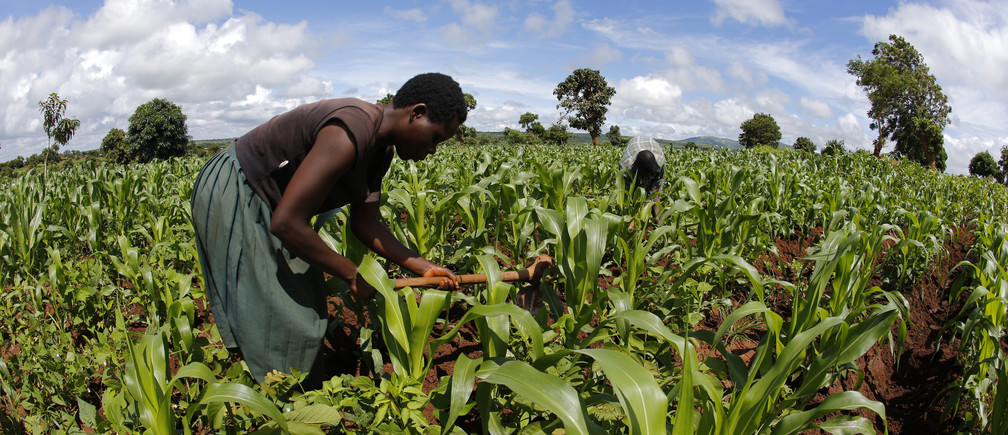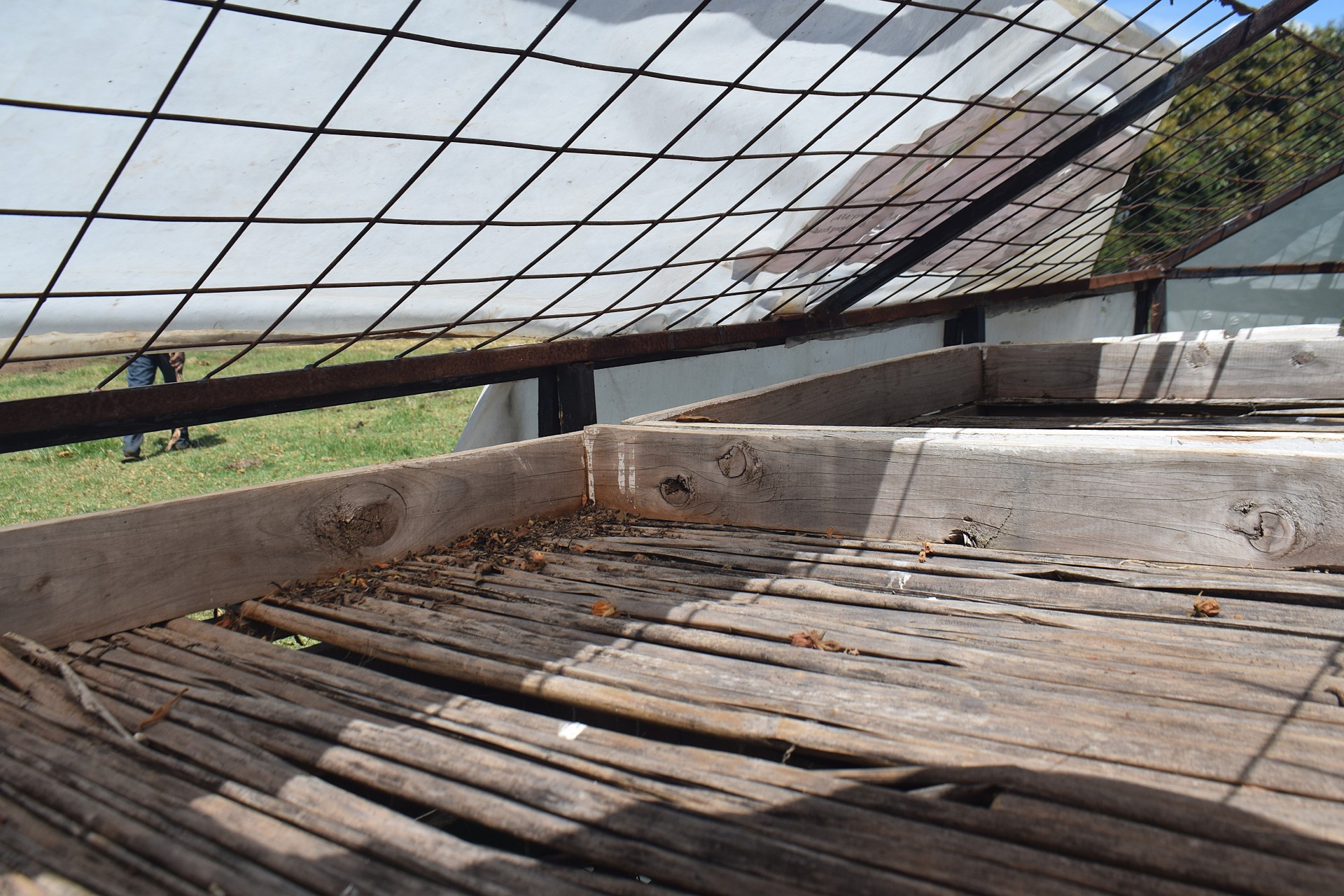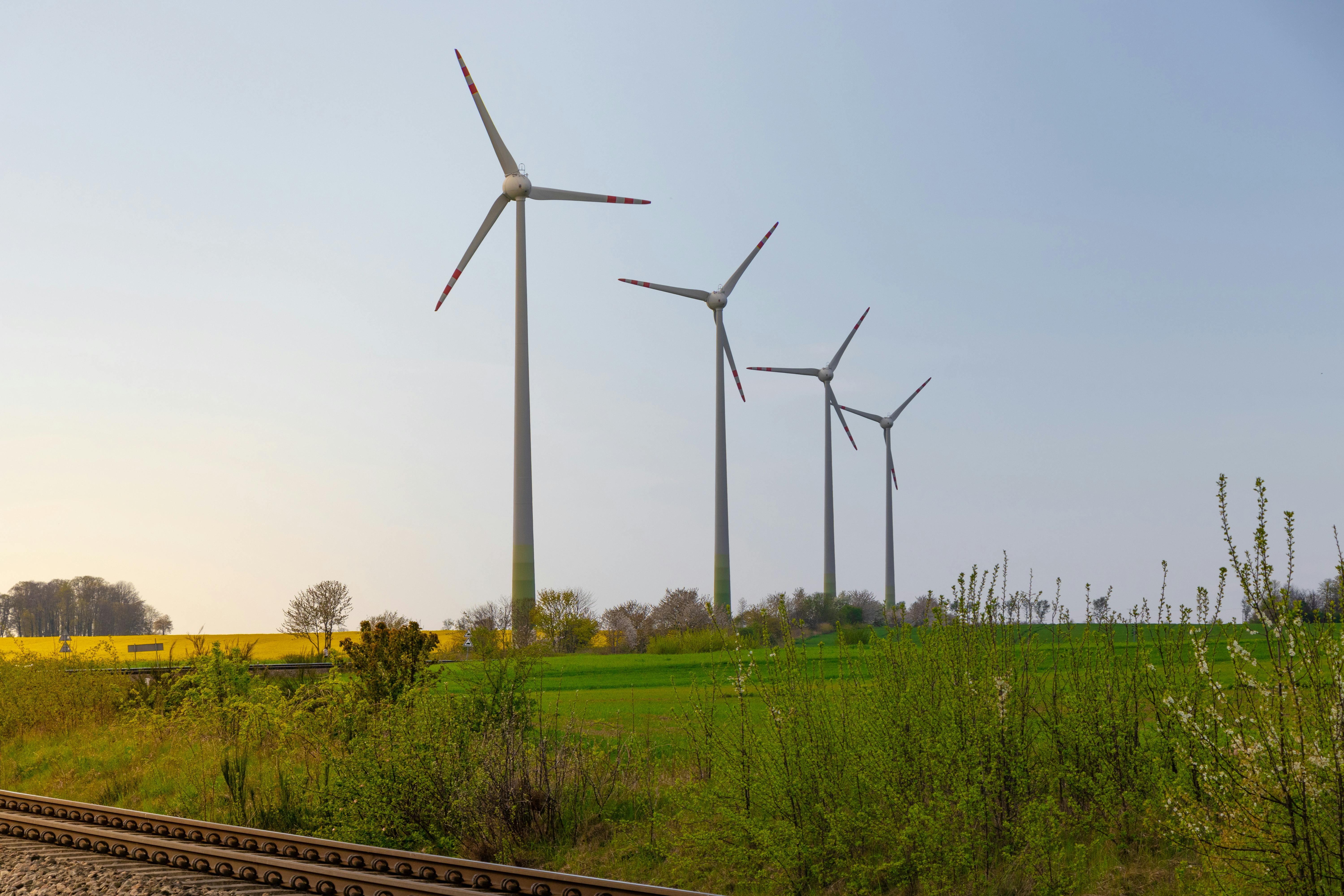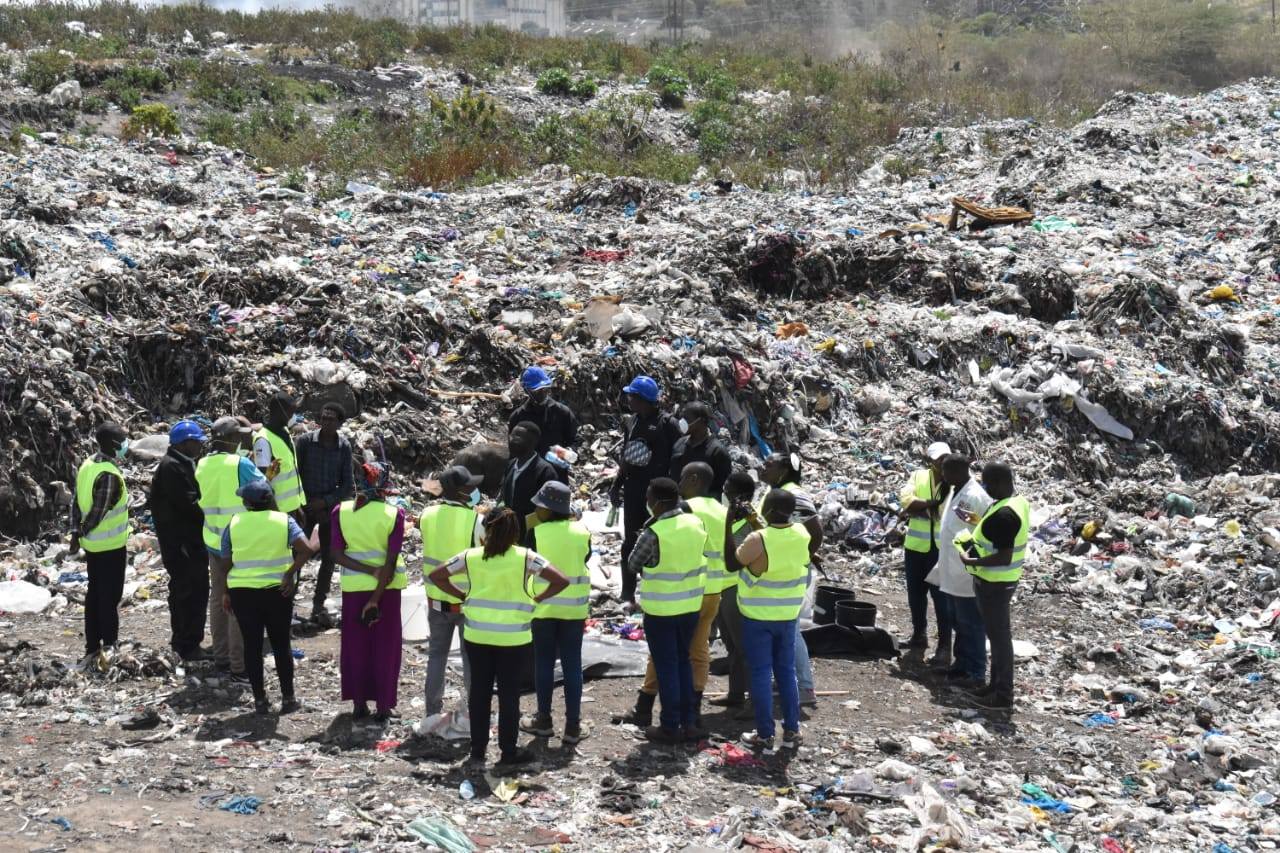- Healthy soils act as carbon sinks, storing organic matter and reducing soil erosion and carbon loss.
Traditional farming practices have a complex relationship with climate change, encompassing both positive and negative effects.
Understanding these dynamics is crucial for developing sustainable agricultural strategies.
This article delves into the ways traditional farming practices interact with climate change and highlight their potential benefits and challenges:
1. Carbon Sequestration
Traditional farming methods, such as agroforestry, crop rotation, and intercropping, offer avenues for carbon sequestration. Agroforestry systems, which incorporate trees and perennial crops, absorb carbon dioxide and store it in biomass and soil.
Read More
By reducing greenhouse gas concentrations, these practices contribute to climate change mitigation.
2. Soil Health
Traditional farming techniques prioritize soil health through organic farming, composting, and minimal tillage. Healthy soils act as carbon sinks, storing organic matter and reducing soil erosion and carbon loss.
By preserving soil structure and fertility, traditional farming contributes to climate change mitigation and soil conservation.
3. Reduced Chemical Inputs
Compared to modern industrial agriculture, traditional farming relies less on synthetic fertilizers and pesticides. Synthetic fertilizers are a significant source of nitrous oxide, a potent greenhouse gas, while pesticides contribute to pollution.
By minimizing the use of these inputs, traditional farming practices help reduce emissions and environmental degradation.
4. Biodiversity Conservation
Traditional farming often promotes biodiversity by cultivating diverse crop and livestock species. Biodiverse ecosystems exhibit resilience to climate change impacts, such as pests, diseases, and extreme weather events.
Additionally, diverse cropping systems enhance ecosystem services, reducing the need for chemical inputs.
5. Energy Consumption
Traditional farming methods may rely more on manual labor and draft animals rather than fossil fuel-powered machinery. While this can reduce direct emissions, energy consumption varies based on local factors and technological access.
Inefficient or outdated equipment in traditional farming systems can result in higher energy consumption and emissions.
Traditional farming practices have the potential to play a significant role in mitigating climate change by promoting carbon sequestration, maintaining soil health, reducing chemical inputs, conserving biodiversity, and minimizing energy consumption.
However, the effectiveness of these practices depends on factors such as implementation scale, local conditions, and socio-economic considerations. Encouraging sustainable traditional farming practices is vital for achieving climate resilience and food security in the face of a changing climate.


-1769677767.jpg)




-1768983522.png)